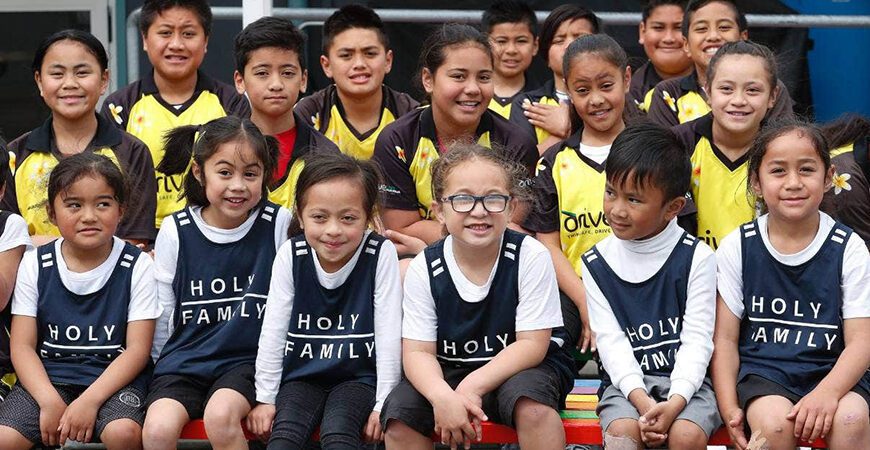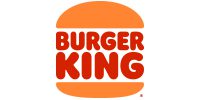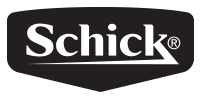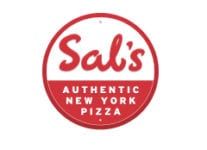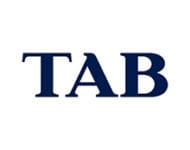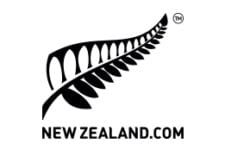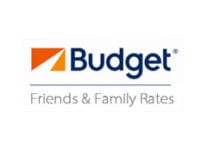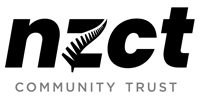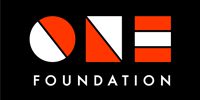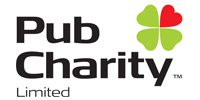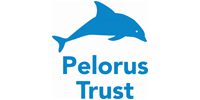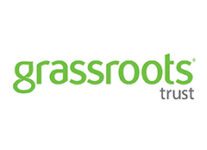Capital Zone Basketball Trust runs the country’s most successful Kiwi Hoops programme. Over 300 coaches have completed Capital Basketball’s Kiwi Hoops Foundation Courses since 2018 and, this year, it is expected that over 6000 children will benefit from the delivery of Kiwi Hoops’ school term programmes.
“We have a great game and kids love it,” said Scott Richardson.
The Capital Basketball (CB) Community Development Officer knows a good thing when he sees it – he is now co-ordinating the largest Kiwi Hoops community programme in the country.
In fact, Richardson and his team have done such a great job in their catchment that he was approached by FIBA to facilitate and present at the international body’s Basketball for Good workshops.
“I was approached by FIBA earlier this year to act as a facilitator at a six-part workshop and even got to speak my piece about how we run Kiwi Hoops.
“The workshops were run through Zoom every fortnight, and we had people from 25 other countries watching and contributing. It was a great opportunity to see what was working for others in a similar position to me in their community,” says Richardson.
Kiwi Hoops is Basketball New Zealand’s junior basketball programme. The initiative is based on modified games and activities that provide fun and success for everyone. It’s designed to meet the needs of primary-school-aged kids while maintaining the essence of the game.
Local associations around New Zealand regularly run Kiwi Hoops sessions whilst also providing training for teachers, parents and volunteers to become accredited Kiwi Hoops coaches. Through Kiwi Hoops, adults can learn the fundamentals of good coaching for young people, giving people the confidence to teach kids basketball the right way.
Kiwi Hoops falls under the umbrella of FIBA’s Basketball for Good programmes. FIBA Oceania Development Manager Annie La Fleur says Kiwi Hoops is one of a number of programmes making progress in the catchment.
“Basketball For Good programmes use the power of basketball to initiate positive change by promoting peace, social cohesion, gender equality and health messaging while facilitating dialogue and communication between communities, using basketball and its values as a vector.
“The Mini Basketball program is progressing at a rapid rate. Last year, Samoa and Papua New Guinea organized their first Mini Basketball Jamborees and it was an immediate success for both federations. Both welcomed hundreds of kids to the programmes.
“New Zealand’s Kiwi Hoops is one of the fastest-rising youth programmes in the region, evidenced by the growth of secondary school participants. Basketball is now one of the most played sport in secondary schools and it’s a testament to the strong performance of the Kiwi Hoops Programme,” says La Fleur.
As the key driver of the Kiwi Hoops programme in the Wellington Region, CB’s Scott Richardson has seen the growth of basketball first-hand.
“We are currently in our fourth year of running Kiwi Hoops as our junior development programme,” said Richardson.
“We have been working hard in the schools space across our region. We have a team of coaches that go out into schools and deliver programmes across a whole term.
“Its major purpose is to give young kids a great sporting experience in the hope that they increase physical activity in their lives.
“It’s not just about creating basketball players, as at this age we just want kids to value and enjoy physical activity and have fun.
“Having said that, we have a great game and kids love it – it’s a pretty cool sport to play.”
Richardson emphasises that teaching coaches is a two-pronged approach.
“We want to deliver a fun experience for the children and also mentor their teachers as they learn the game, learn the teaching points and hopefully pursue the game when we leave the school.
“We are aiming to empower teachers to become ambassadors for the sport and continue to run basketball when we leave.”
Richardson sees huge benefits accruing for children, teachers and volunteers alike.
“There has been an increase in the number of children that want to play basketball. Often, when we leave at the end of term, schools have doubled the number of players wanting to play on miniball teams.
“It also leads to new members for local associations. We really try to pave a way for interested kids to take opportunities wherever basketball is running in their communities.
Basketball numbers are growing, but often resources such as coaches are not keeping pace with the player explosion.
“Kiwi Hoops teaching is a way of growing the confidence of potential coaches – teachers and parents are invariably good with children and this may serve as a catalyst to take on a miniball team for their school.”
Close to 300 coaches have completed Capital Basketball’s Kiwi Hoops Foundation Courses since 2018 and this year it is expected that over 6000 children will benefit from the delivery of Kiwi Hoops’ school term programmes.
Further south, Canterbury Basketball Association’s (CBA) approach is slightly different with the Canterbury Rams taking part in the extra-curricular activities.
CBA Coach and Women’s Development Manager Lori McDaniel says the Sal’s NBL franchise works alongside five clubs in the region to help deliver the programme.
“Through the clubs and the Rams, we have contact with upwards of 350 kids a term. Our club development officers are part of a ‘Hoops Collab’ group that meets frequently throughout the year to upskill, share and generally collaborate for the betterment of our basketball community in Canterbury.”
The differing approaches taken by the Capital and Canterbury Associations are achieving the same outcomes – more players and more coaches.
More on KiwiHoops can be found here.

